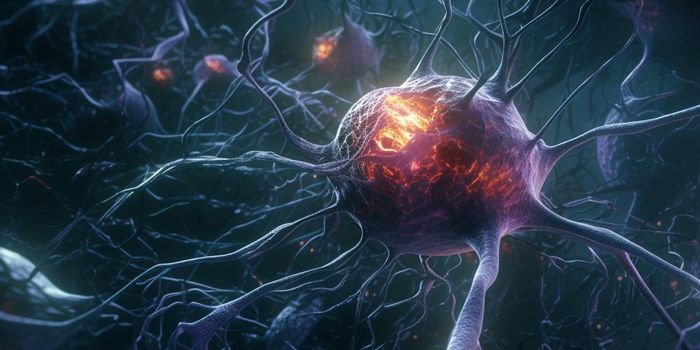Novel Pathway Found for Antibiotic Resistance in Immunocompromised Patients
Increased incidence of infections in hospitals caused by antibiotic-resistant bacteria has been a serious and ongoing challenge facing hospitals worldwide. Immunocompromised patients such as people receiving chemotherapy are extremely susceptible to these infections. Scientists at St. Jude Children’s Research Hospital have discovered a novel pathway used by enterococcus bacteria to tolerate standard and long-term antibiotic treatment specifically in immunocompromised patients.
The research project started with a 6-week old patient who was being treated for acute myeloid leukemia. After cancer treatment depleted her white blood cell count, she contracted a blood stream infection with vancomycin-resistant Enterococcus faecium (VRE) that was vigorously treated with antibiotics. While the antibiotics were ineffective, the infection cleared up as soon as her immune system recuperated to full function.
Clinicians worked to understand why the infection was resistant to antibiotics but susceptible to the immune system. The group, led by Jason Rosch, Ph.D., and Joshua Wolf, MBBS, both assistant members of the St. Jude Department of Infectious Diseases, looked to in-depth DNA sequencing to understand the conundrum.
The team sequenced the DNA of 22 VRE samples collected from the infection and found a linked single missense mutation in the relA gene of VRE. The relA gene mediates the ‘stringent response’ in cells, a pathway used by bacteria to survive stressful environments and antibiotic use. The pathway also elevates levels of the signaling molecule alarmone, which appears to help the bacteria survive multiple antibiotic treatments.
"These findings detail a 'perfect storm' for development of antibiotic tolerance by bacteria that already pose a clinical challenge," said Dr. Rosch. "The same conditions may be present in other patients with immune systems that have been compromised by chemotherapy or disease," added Dr. Wolf.
The mutant bacteria were especially resistant to high doses of antibiotics when growing in biofilms. Biofilm growth is common in hospitals, where development on catheters, heart valves and other surfaces causes infection. Biofilms are protected by persister cells that grow in a dormant top layer and act as a barrier against the immune system and antibiotic therapy. Two of the antibiotics used to test resistance with this bacterial mutation are linezolid and daptomycin. These antibiotics are some of the last resort treatments available and kill the bacteria when they are not in a biofilm. However, the biofilm with the new mutation can tolerate high doses of these antibiotics but cannot survive our immune system.
"The case expands our understanding of the role of the stringent response in susceptibility and tolerance to a wide range of antibiotics, especially in biofilms," Rosch said. "It also demonstrates that these mutations can develop and gain a foothold during a human infection."
The fact that these bacteria have developed pathways to create resistance specifically to antibiotics but ignore developing resistance to an attack by our immune system is an interesting evolutionary turn. These bacteria are evolving to primarily infect immunocompromised patients, where there is no need for them to survive an immune attack.
An experimental antibiotic, ADEP-4, is one of the upcoming treatments in development for bacterial biofilms. ADEP-4 activates an enzyme that kills persister cells and subsequently eliminates the biofilm. Rosch and his team tested resistance in the relA-mutant bacteria with ADEP-4 and reported that the compound is effective in killing the mutant biofilm.
"In the future, compounds like ADEP-4 may provide a new approach to resolving persistent infections," Wolf said.









